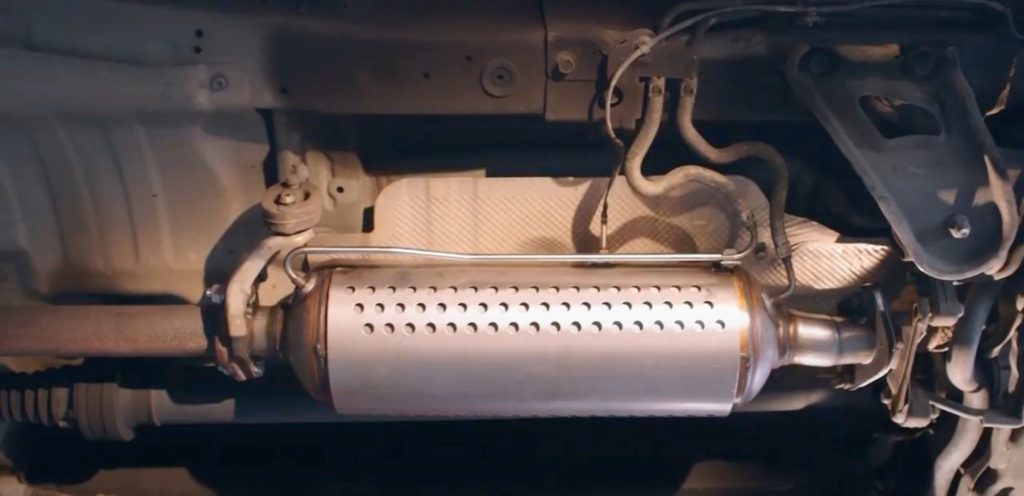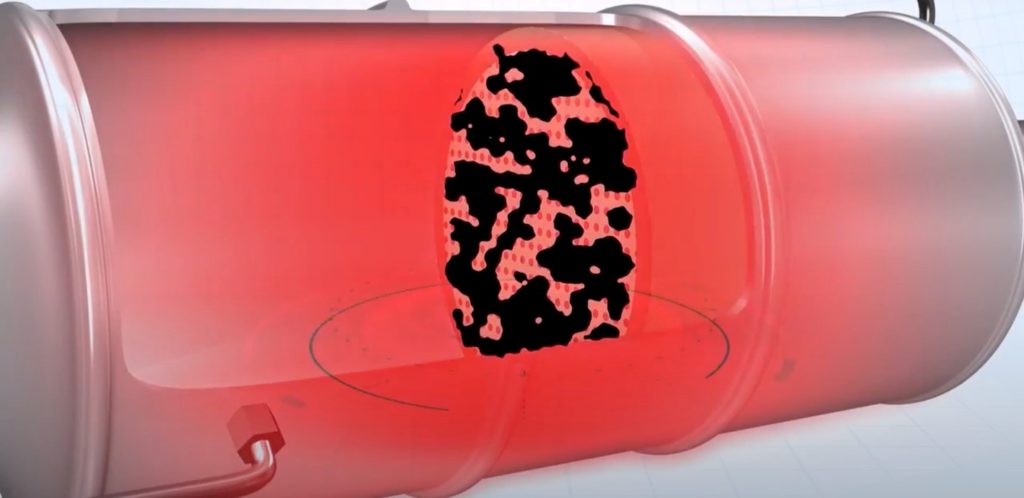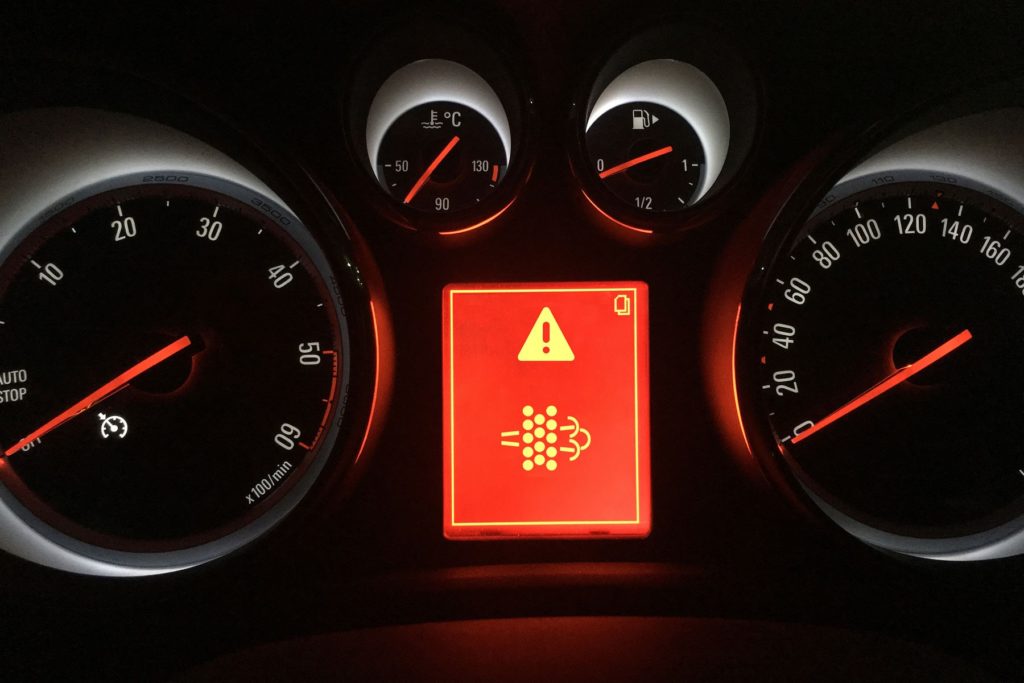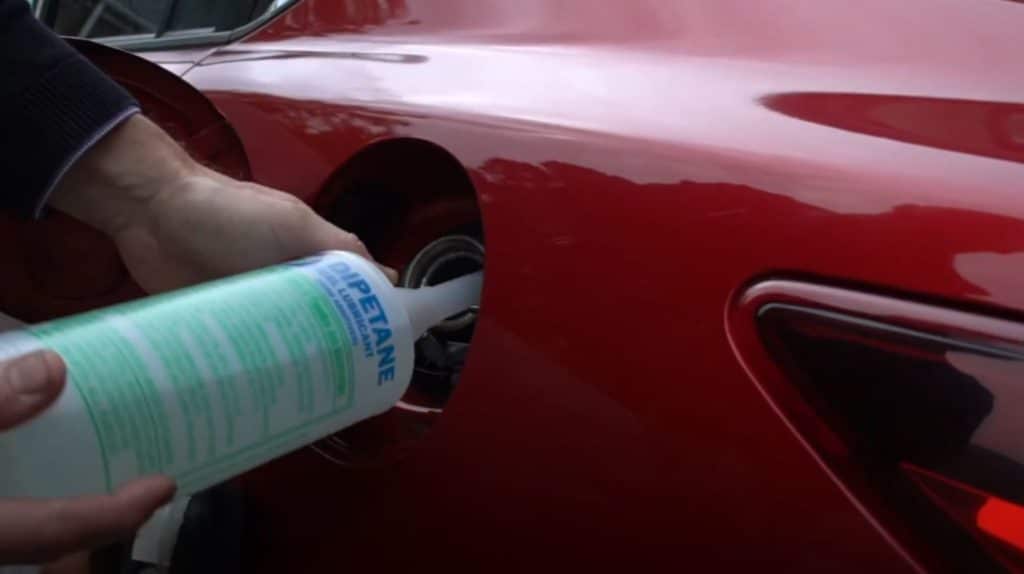With the UK in the midst of the COVID lockdown, many people are working their jobs from, meaning their vehicles are relegated to short to the shops and such, rather than longer daily commutes to work. For diesel-powered vehicles, this can be detrimental for reliability. When you’re out in the new car showrooms, you’re often given the choice between petrol and diesel. Opting for the diesel option has become a popular due to the fuel economy advantage. However, beyond fuel economy, not a whole is spoken about the difference between petrol and diesel-powered vehicles, especially when it comes to maintenance.

Diesel is denser and less volatile than regular unleaded petrol. This allows the engine to use less while producing more power, creating the fuel economy advantage over petrol. However, an aspect that’s often neglected is that diesel engines perform best when they’re working hard or out on the open road where they can warm up and maintain temperature. However, it’s not uncommon to find diesel vehicles being used for the shopping trip or the school run. Urban driving in your diesel vehicle takes its toll as it prevents the engine components and exhaust from getting up to optimal temperatures. This results in less efficient fuel combustion, which in turn produces more exhaust soot and particulates.

Most modern diesel vehicles are designed to meet at least Euro 4 emission standards, meaning that they’re fitted with a DPF (Diesel Particulate Filter) and a monitoring system that determines whether or not the filter is working correctly. Located within your vehicle’s exhaust system, the DPF works by trapping ash particulates. However, the DPF can only hold so much, so it does require cleaning from time to time. However, it isn’t as simple as taking the DPF out and cleaning it yourself.

Your vehicle’s Engine Management System handles cleaning the DPF. This occurs automatically when the vehicle is able to maintain a high engine load for a certain amount of time, such as on a long highway drive. Under these conditions, exhaust temperatures are high enough to vaporise or convert the soot particulates into CO2, allowing them to be safely released from the exhaust system.

If a highway drive isn’t enough to get the exhaust system up to optimum temps, the Engine Management System enters its Active DPF Regeneration mode. This works by injecting a miniscule amount of diesel fuel right after combustion, raising exhaust temps to the required amount to initiate DPF regeneration. If regeneration is constantly interrupted by inconsistent driving conditions or the vehicle is never driven to the point where regeneration can even be initiated, the DPF Warning light comes into play.

So how do you remedy these issues? If you own a Diesel and only do short drives to the shops or for the school run, you need Dipetane to keep your DPF clean and regenerating. Dipetane fuel treatment which is a 100% hydrocarbon liquid fuel as opposed to an additive. The mix is 1:200, but add a little extra the first time and then follow the measurements on the side of the bottle, and that’s it, Dipetane will cause a complete burn in the combustion chamber resulting in the DPF getting to regeneration temperature once the vehicle is taken for a half hour‐long highway drive to produce a complete DPF regeneration cycle. Doing this once a month can ensure that your DPF doesn’t prematurely fail causing an expensive repair bill.

Click the link to find your nearest retailer: https://dipetane.com/where-to-buy/
For more information on Dipetane visit https://dipetane.com/

